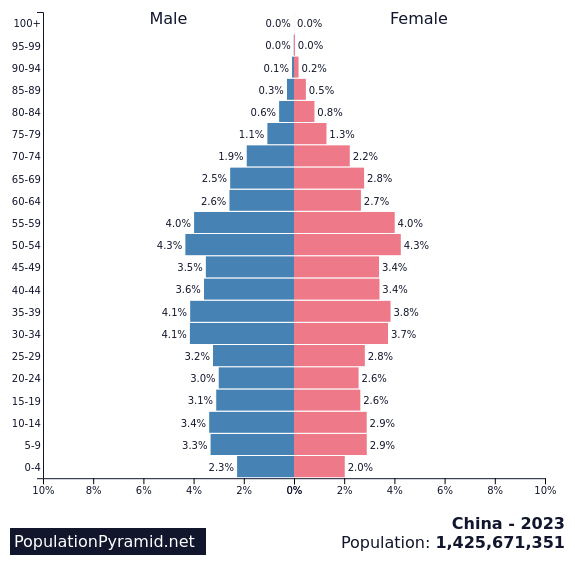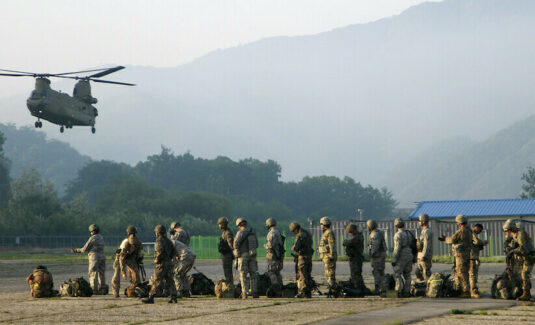You talk on the sum of they can provide ? Are you real ? The sum of they can provide is related to amount of Investment they willing to sunk in. Off course it is related. Like it or not Trump is right on that.
Look on what they (Euro zone) can give now on Ukraine war. Most of that is basically emptying what ex Warsaw Pact inventories left. How they expect to help US in Asia ? Even now some of the ammo being sources from ROK. The moments China invade Taiwan in near future, they (US Asian allies) will want to keep it for themselves. So who's US can turn to ? Euro Zone ? Same Euro zone that's now struggling to support US on Ukraine ? Let alone support US on Taiwan.
The articles talk about "if" China invade Taiwan in near future. Something that US can't do much to supply Taiwan, considering they also already need to support Ukrainian.
Your link on Euro zone increase the budgets still just talk, and not related to their MIC production rate. Because they are already neglecting investments on their MIC capacities for long time. So don't talk about their (euro zone) production capabilities if they are not willing to match US investments. Like I said, talking is one thing, delivering is another.
Europe has a huge latent military production capability. If the US is lacking equipment, they can put in some orders. Some examples:
* Naval Strike Missile (NSM) is already supplementing Harpoon. Production line is being established in the US however main production line still in Europe. If US wants more they can order not just from the US production line but also the Norwegian one. And if there is an urgent need, they can also "borrow" a few NSM from some of the 12 (soon to be 15) countries that have NSM in their inventories, to will be back-filled later.
* Ukrainans jury-rigged MiGs to use HARMs. If need be the Americans can do something similar to get access to e.g., IRIS-T, Meteor, Mica a2a missiles, Exocet, RBS-15, JSM, SOM, Sea Agle anti-ship missiles, and Taurus, Storm Shadow/Scalp cruise missiles (some of these already integrated into US systems) and get access to not only existing inventories but also European production lines. The total number of Taurus, Storm Shadow/Scalp in NATO countries seems to be more than 1,600, possibly up to 2,000... how many LRASM does the US have...?
* European naval production capacity can be mobilized -- countries like Spain, France, Italy, the UK, Germany, the Netherlands, Turkey, Denmark, Sweden, etc. all have the capabilities to build high-quality, high-performing frigates, and some can also build destroyers and other warships. All the US needs to do, is to place some orders...
Production in Europe has some advantages, in particular in an all-out war between the US and China, they will both try to damage production facilities in the other country. Thus we should expect Chinese manufacturing to be strongly reduced by the US. I don't know if China will have capabilities to hit US production facilities but if they do, European production facilities will become even more important, and pose a conundrum for China: If they attack Europe, it will turn into WW3. If they don't the US will have access to a continuous flow of weapons and munitions, whereas China will struggle quite a lot to produce.
Europe can assist US in other ways, not just selling gear, and without becoming directly involved in such a conflict. For instance, the US has significant number of troops, equipment and munitions in the ME. The US can rapidly shift this to Asia, and European countries (e.g., Italy, Spain, France, etc.) can step in and stabilize the situation in the ME. There are many different ways that European countries can support the US.
I hope China sees this a bit more clearly and decides to handle the "Taiwan issue" in a peaceful manner and not through a war.



